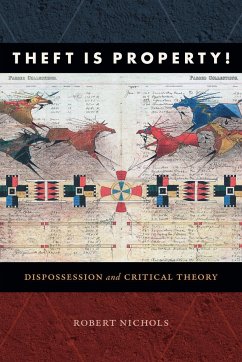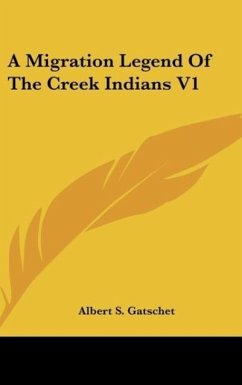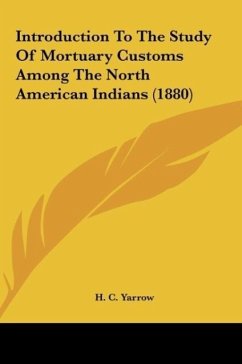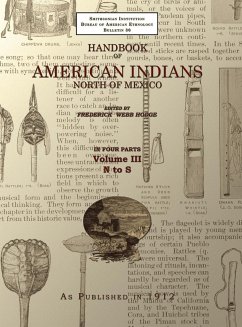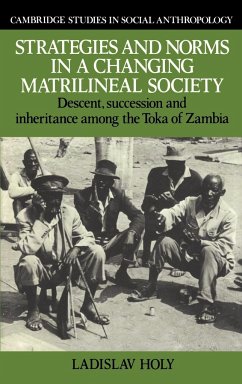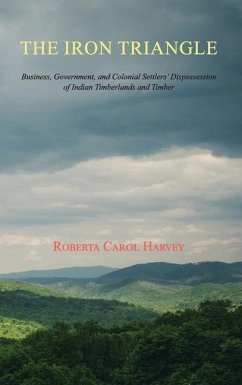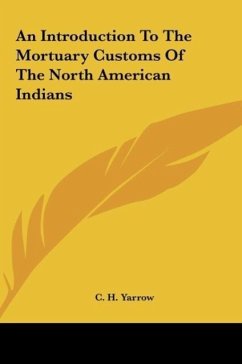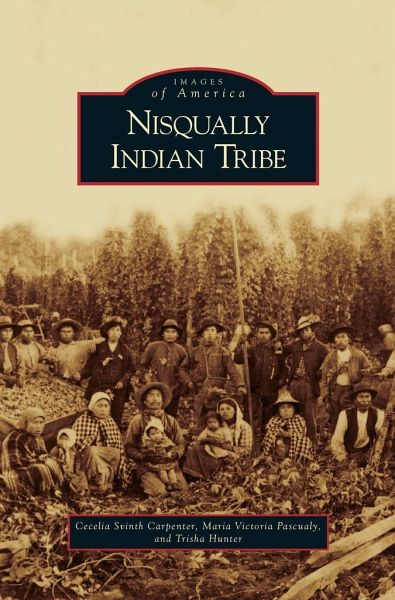
Nisqually Indian Tribe
Versandkostenfrei!
Versandfertig in 1-2 Wochen
23,99 €
inkl. MwSt.

PAYBACK Punkte
12 °P sammeln!
The Nisqually are the original stewards of prairie lands, mountains, and rivers in Thurston and Pierce Counties. They welcomed British and American newcomers and tightly bound the outsiders to the Native American world. This volume visually explores the traditional time, when Nisqually political and economic control of the South Sound was supreme. As Nisqually men and women married and worked with outsiders, the Native American world was transformed. In 1854, Nisqually leaders signed a treaty with the United States and officially ceded most of their country, but the land and rights they reserv...
The Nisqually are the original stewards of prairie lands, mountains, and rivers in Thurston and Pierce Counties. They welcomed British and American newcomers and tightly bound the outsiders to the Native American world. This volume visually explores the traditional time, when Nisqually political and economic control of the South Sound was supreme. As Nisqually men and women married and worked with outsiders, the Native American world was transformed. In 1854, Nisqually leaders signed a treaty with the United States and officially ceded most of their country, but the land and rights they reserved set the stage for a cultural revival in the 1970s.




